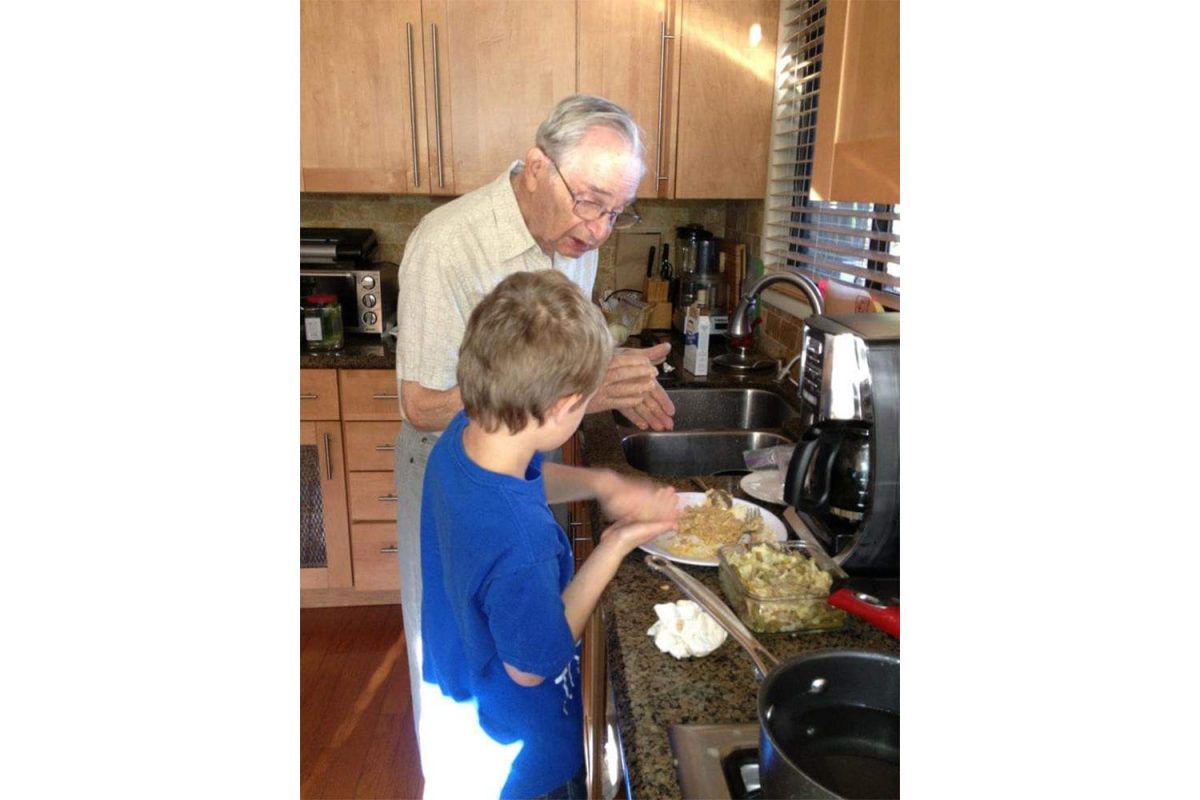
“You need to go to church…Have you ever considered that it’s all just made up in your head?”
Those were a couple of the things I was told by my parents when I confided to them about my struggles with mental health.
I don’t blame my parents for their response.
In the black community, mental illness is a cultural taboo. There is a negative stigma surrounding mental illness, seen as an unfortunate affliction. It wasn’t unusual to hear people refer to mental illnesses as “white people problems.”
I was an above-average student throughout my life. I was in advanced classes in elementary school, participated in student government in middle school and was in the Health and Medical Careers Academy during high school.
During my junior and senior years, I began experiencing symptoms of anxiety and depression. I wasn’t sleeping, constantly exhausted and retreated from the world into my phone and social media.
My grades plummeted and my GPA dropped below a 2.0. I was no longer eligible to run varsity track and field, and I was at risk of not graduating.
My parents were beyond outraged, they cut off most of my extracurriculars and privileges were taken away until I walked the stage.
Ultimately, I managed to pick myself up and graduate, moving on to my first semester of college at San Jose State University as a biology major.
I left home with a naive mindset, believing that because I had moved out, I had left all my problems behind me.
Then, I failed my first biology class.
Then another, and another.
Soon I was on academic probation and back at square one. My mental health took a bigger hit than my college GPA did.
I didn’t know what I was going through, I didn’t have the tools and resources to understand the severity of what I was going through.
I just knew I was incredibly melancholy, I questioned my purpose and morbid thoughts surrounding my mortality flooded my mind daily.
It felt like I was walking around with a rain cloud over my head that I couldn’t get rid of.
My father described me as an “enigma,” because he could not grasp the reason why there was such a steep shift in my personality.
He also did not have the tools to understand me, but he was trying.
According to the National Alliance on Mental Health, over 6.8 million black Americans were diagnosed with a mental illness just last year.
Black Americans are at risk of not receiving proper care and resources when mental health is never addressed.
The stigma runs deep in the black community.
Black men are often told they need to be tough, and that crying is “a sign of weakness.”
Black women are told they have to be strong and persistent to be the caretaker of the family.
Therapy is also often thought of as an ineffective process, where a stranger sits in a chair across from you and takes notes on your life.
A 2016 study showed that black children made 47% fewer visits to mental health professionals than white children.
A report by CNN Health revealed, “African-American boys, especially younger boys between the ages of five and 11, have experienced an increase in the rate of suicide deaths. In black children ages five to 12, the suicide rate was found to be two times higher compared with white children.”
Black children aren’t being heard, and their mental health is suffering greatly because of it.
Mental illness makes so many black people uncomfortable because it interferes with the ego of the black community. To be mentally ill means you haven’t been in touch with your religion, or you’ve failed in some area of your life.
I’m here to say that’s not true. Anyone can experience shifts in their mental stability, and it is not shameful in any way, shape, or form.
After leaving my hometown, I came to Santa Barbara and made lifestyle changes that have improved my quality of life. I still experience my ups and downs, but some people are not as fortunate as me.
Reflecting the cultural attitudes on mental health, my parents have begun to change their outlook on mental illness. I can only hope that other black families can do the same for themselves and their children.











